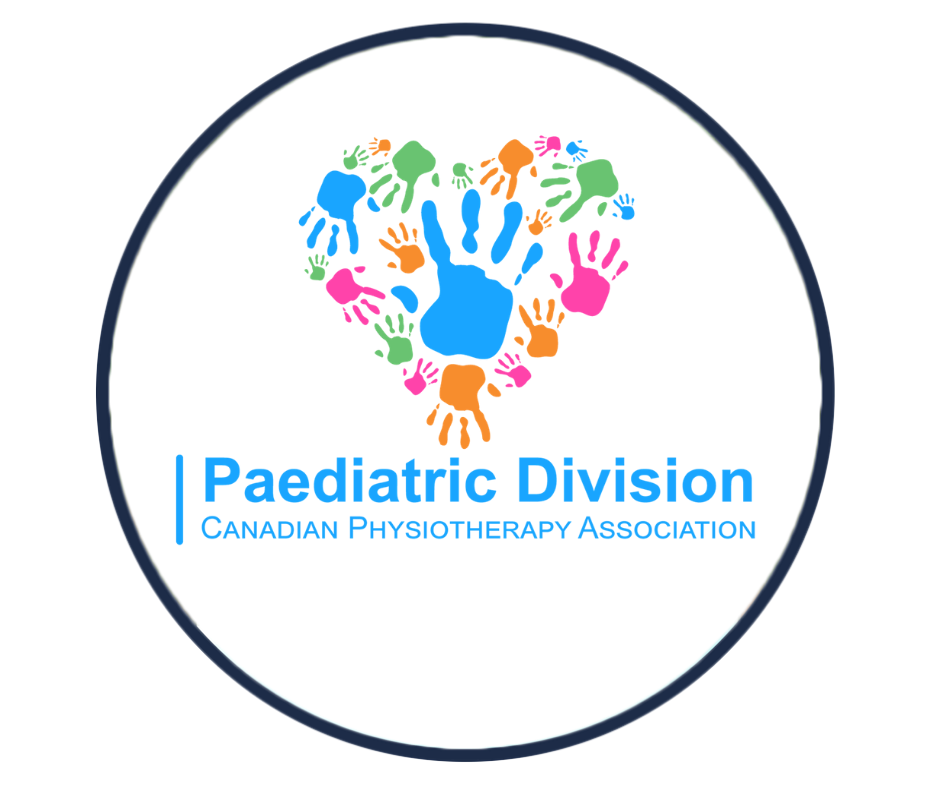Assess & Treat Chemotherapy Induced Peripheral Neuropathy – Pediatrics

Assess & Treat Chemotherapy Induced Peripheral Neuropathy – Pediatrics
This course includes
The instructors
Overview
Chemotherapy-induced peripheral neuropathy (CIPN) in the pediatric population is a common occurrence with certain treatment protocols. The development of CIPN may be treatment-limiting and have long-term implications for the child.
Detailed assessment; interpretation of data and implementation of treatment may reduce long-term complications.
The present literature is inadequate in identifying which child is most likely to develop severe CIPN.
There is evidence that certain ethnic populations are more at risk of developing CIPN suggesting that there may be a genetic component to the sensitivity of the nervous system.
Relevance to physiotherapy practice
CIPN treatment is limited by the nerve damage incurred. The site of the nerve damage may have implications for recovery. Identification of children with CIPN in the early stages can facilitate early intervention which may prevent long-term complications.
Learning objectives
Upon completion of this online pediatric physiotherapy course participants will be able to:
- Relate the function of the nerve to the effects of chemotherapy in the pediatric population.
- Understand the clinical presentation of CIPN and its assessment.
- Confidently apply a basic treatment approach.
Audience
Entry-level physiotherapists working in either a pediatric or adult setting may benefit from this topic. A basic understanding of nerve functioning is required.
Presenter

Anne Rankin, BScPT (McGill), MScPT (UWO), graduated from McGill University in 1979 with a BScPT and began her practice in a large general hospital in Edmonton, Alberta and later, various private practices in the Edmonton area. In 1989 Anne moved to Sarnia where she worked in a smaller general hospital in the outpatient and WCB clinics. She successfully completed her Manual Therapy Part A exams in 1990. She completed her MScPT at the University of Western Ontario (now Western University) in 1997 and moved to Vancouver in 1998 where she began working at BC Children’s Hospital. Shortly after the move to Vancouver she began working on the oncology/hematology/BMT unit. She is currently involved in an interprofessional research project examining “Toxicity and Genomics in Children Receiving Vincristine: A Prospective Cohort.”
Presently she works at the University of British Columbia where she works as an Instructor and is presently the Acting Associate Head – Clinical Education and additionally in a private practice.
Anne began the Specialization process through CPA in 2011 and received her Clinical Specialist – Oncology designation at Congress in 2012.
The instructors


We are committed to education physiotherapists ad the general public about the essential role of cancer rehabilitation in the continuum of cancer care.
Our vision is to improve the quality of life, independence and well-being of individuals affected by cancer.
Our Mission to promote and advance the practice of physical therapy for cancer patients and survivors by promoting ongoing evidence-based education, facilitating inter-professional collaboration, and fostering the exchange of clinical and research knowledge between its members.
We strive to advocate for the unique role of physiotherapists in the continuum of cancer care; Increase public awarenes of the benefits of physiotehrapy in the care of cancer patients and survivors; Ensure that patients have unencumbered access to cancer rehabilitation services; Promote ongoing professional development; Encourage the development and publication of research within the field of oncology; Provide its members with opportunities for networking and collaboration

The Paediatric Division is a special interest group within the Canadian Physiotherapy Association. Our membership consists of clinicians from all practice settings, students, educators, researchers, physiotherapy assistants and administrators all of whom have a passion for promoting participation and enhancing the lives of children and their families. We are dedicated to provide resources and information for paediatric patients and their families to promote participation and function independence in all aspects of life.
Paediatric physiotherapists employ clinical expertise in the early detection of health problems, treatment, education and management of congenital, developmental, neuromuscular, skeletal, cardiorespiratory or acquired disorders/diseases. Paediatric physiotherapists work with children of all ages, from infants through young adulthood to promote participation and functional independence. Paediatric physiotherapists have a unique role in that they not only work with the child, but also their families in the context of their daily home, school and recreational environment.
Paediatric physiotherapists use validated outcome measures to assess the level of strength, flexibility, gross-, and fine-motor coordination and overall functional capabilities to determine participation limitations or restrictions as a result of injury, disease or disability.
Through analysis of objective assessment findings, the paediatric physiotherapist uses evidence-based treatment interventions specifically tailored to the client and their family's goals. Treatment interventions focus on improving gross and fine motor skills, balance and coordination, strength and endurance, as well as cognitive and sensory processing/integration.
Material included in this course
-
Assess & Treat Chemotherapy Induced Peripheral Neuropathy – Pediatrics
-
Welcome!
-
Video Presentation
-
Quiz
-
Resources
-
Suggestions for continued learning
-
Feedback